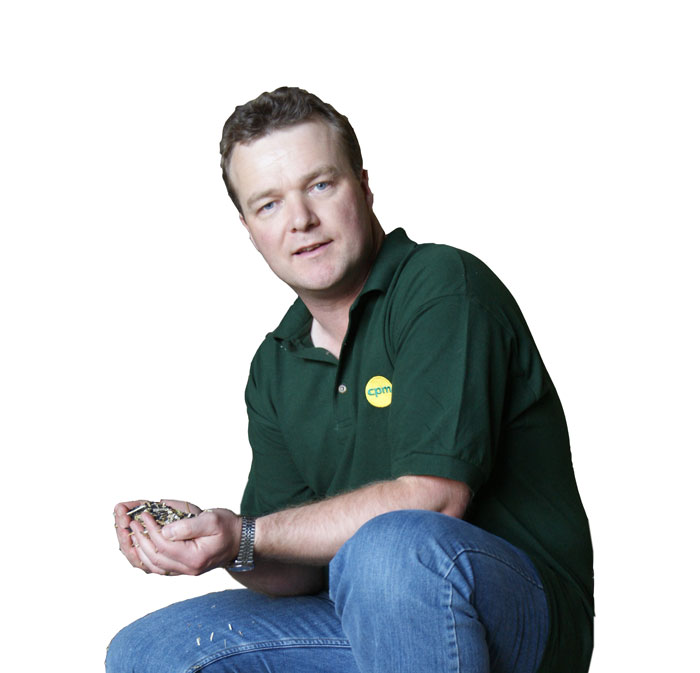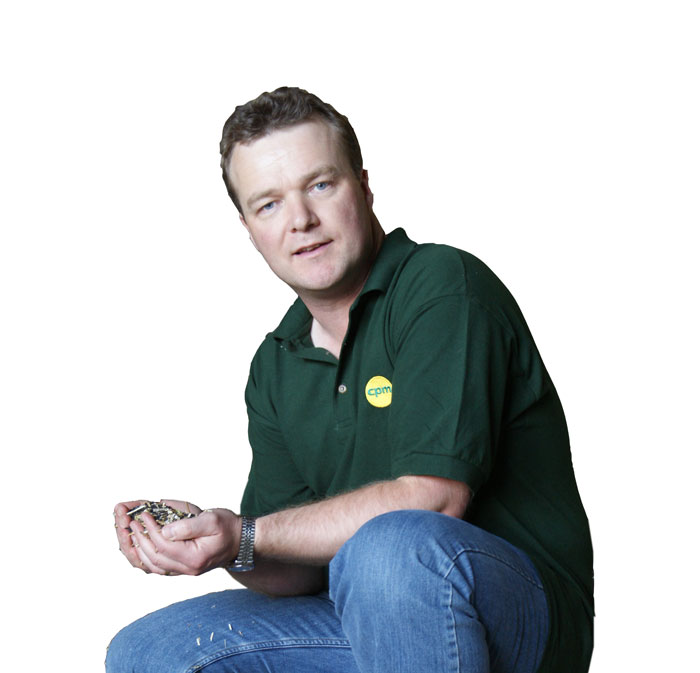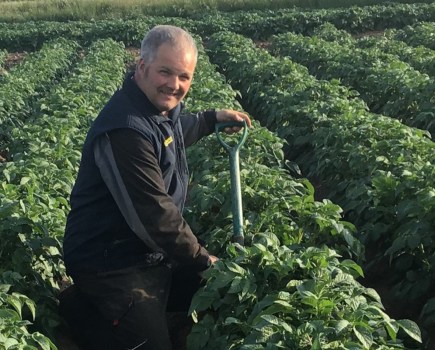 It was a disappointment that MPs didn’t vote for an Agriculture Bill that would have ensured imports meet the production standards maintained by UK farmers. But it was hardly a surprise.
It was a disappointment that MPs didn’t vote for an Agriculture Bill that would have ensured imports meet the production standards maintained by UK farmers. But it was hardly a surprise.
When the Trade, Food and Farming Standards Commission was first proposed by the NFU, it was a bit of a moon-shot, and was instantly dismissed by Government. The very fact a commission has now been set up, albeit with limited powers, is a startling achievement. But it’s unlikely this would ever give UK growers the legal protection they’re after – that of preventing trade deals that would bring in imports grown to environmental standards below those allowed here.
Why? Because the US has made it very clear that it feels those standards are predicated on the removal of pesticides and reductions in fertiliser use that are “political and arbitrary”. The position was stated at a USDA briefing recently by under secretary for trade and agricultural affairs Ted McKinney. He said that if those bans on pesticides lead to the EU (and by implication the UK) trying to impose similar standards on imports, “the US will not stand for that”.
Whatever your view of American production standards, he has a point. In the cold, hard world of global trade negotiations, the EU’s wishy-washy precautionary principle basis for banning neonics and triazoles, for example, is a bit “arbitrary”. Subsistence farmers in nations that depend on exports to Europe would think it’s bizarre Europe wants to deny its own farmers such useful tools, let alone ask those outside the EU not to use them. That’s before you’ve even begun to have discussions about the future of glyphosate and GM crops.
So UK trade representatives may be able to force such standards on poorer countries. But can little old UK really square up to the US, the most powerful trading nation in the world, and say that we have evidenced, substantial, WTO-rule watertight reasons for saying “no” to their produce?
Perhaps the trade discussion we should be having is a little more nuanced. I’d suggest the bargaining chip of the future is climate change. If we want a set of criteria that will protect our standards, those of every farmer in the world and of the planet itself, these should be based on sustainability. And if a schoolgirl can look the world’s most powerful man in the eye and argue a convincing case for climate change, one that shifts mindsets around the globe, our trade representatives should be capable of doing likewise.
Of course, we need to be sure we have the evidenced standards to back up such a position. And if you look at our sector – UK arable – we don’t really have a shred of evidence to put forward a convincing case at present, however good we think we may be as farmers.
But that’s not to say there aren’t some shining examples among us of those who have gone above and beyond in order to champion what can be achieved. It’s time to recognise those Net Zero heroes, and this is where the CPM reader can get involved and make a difference.
Over each of the last nine issues of CPM we’ve profiled Climate Change Champions and what they’ve achieved. We’re now giving CPM readers the opportunity to vote for whom you feel should be awarded the accolade Climate Change Champion 2020.
If we want to protect our standards, we need to give the world a robust reason why they’re worth protecting and present ourselves as a credible authority on those standards. Climate Change Champions is part of that, and while you may not have been able to sway your MP’s vote, you can influence who champions your sector.
Tom Allen-Stevens has a 170ha farm in Oxon, and net zero is roughly what harvest achieved this year. @tomallenstevens




